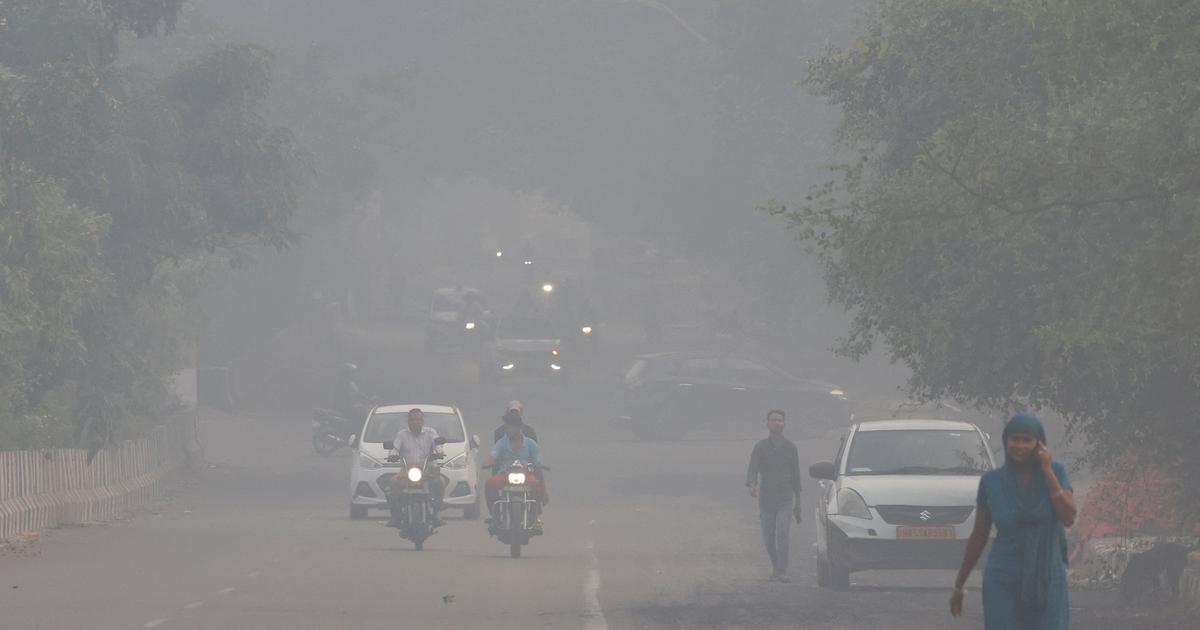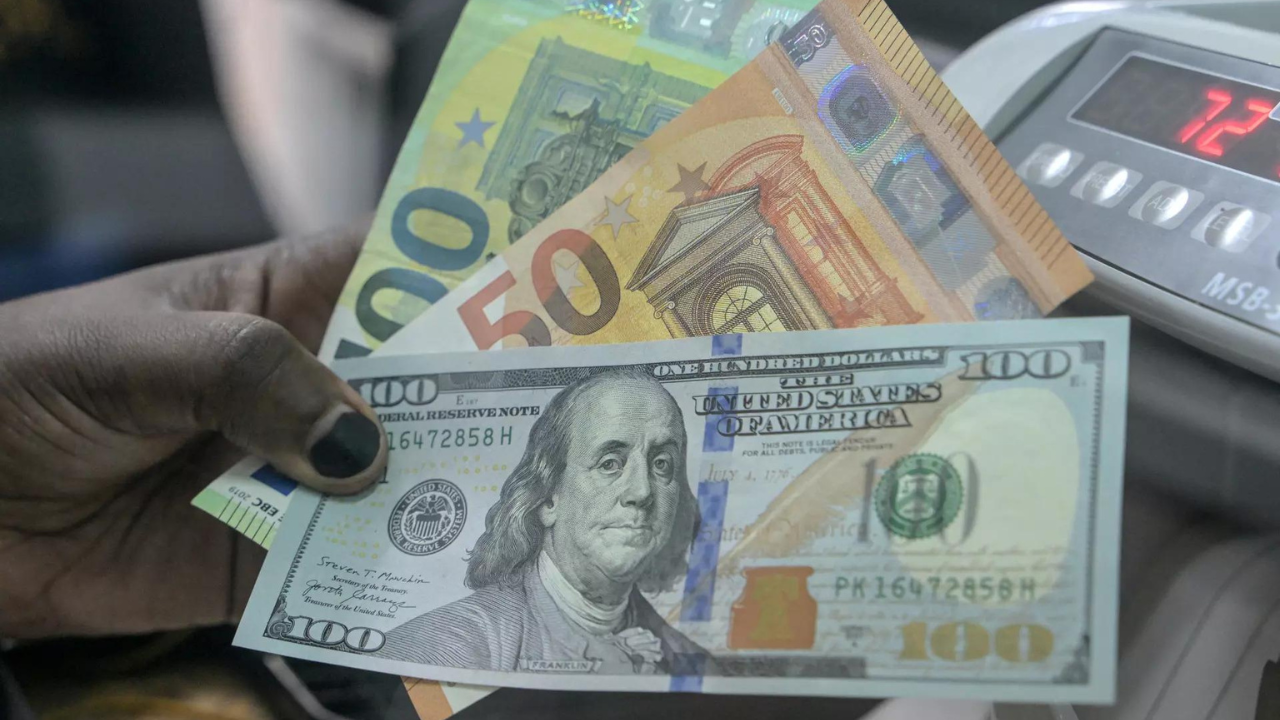Why a sleep-deprived brain craves quick-fix calories

Join our WhatsApp Community to receive travel deals, free stays, and special offers!
- Join Now -
Join our WhatsApp Community to receive travel deals, free stays, and special offers!
- Join Now -

You stayed up too late scrolling through your phone, answering emails or watching just one more episode. The next morning, you feel groggy and irritable. That sugary pastry or greasy breakfast sandwich suddenly looks more appealing than your usual yogurt and berries. By the afternoon, chips or candy from the break room call your name. This isn’t just about willpower. Your brain, short on rest, is nudging you toward quick, high-calorie fixes.
There is a reason why this cycle repeats itself so predictably. Research shows that insufficient sleep disrupts hunger signals, weakens self-control, impairs glucose metabolism and increases your risk of weight gain. These changes can occur rapidly, even after a single night of poor sleep, and can become more harmful over time if left unaddressed.
I am a neurologist specialising in sleep science and its impact on health.
Sleep deprivation affects millions. According to the Centers for Disease Control and Prevention, more than one-third of US adults regularly get less than seven hours of sleep per night. Nearly three-quarters of adolescents fall short of the recommended eight-10 hours sleep during the school week.
While anyone can suffer from sleep loss, essential workers and first responders, including nurses, firefighters and emergency personnel, are especially vulnerable due to night shifts and rotating schedules.
These patterns disrupt the body’s internal clock and are linked to increased cravings, poor eating habits and elevated risks...
Read more
What's Your Reaction?
 Like
0
Like
0
 Dislike
0
Dislike
0
 Love
0
Love
0
 Funny
0
Funny
0
 Angry
0
Angry
0
 Sad
0
Sad
0
 Wow
0
Wow
0























































